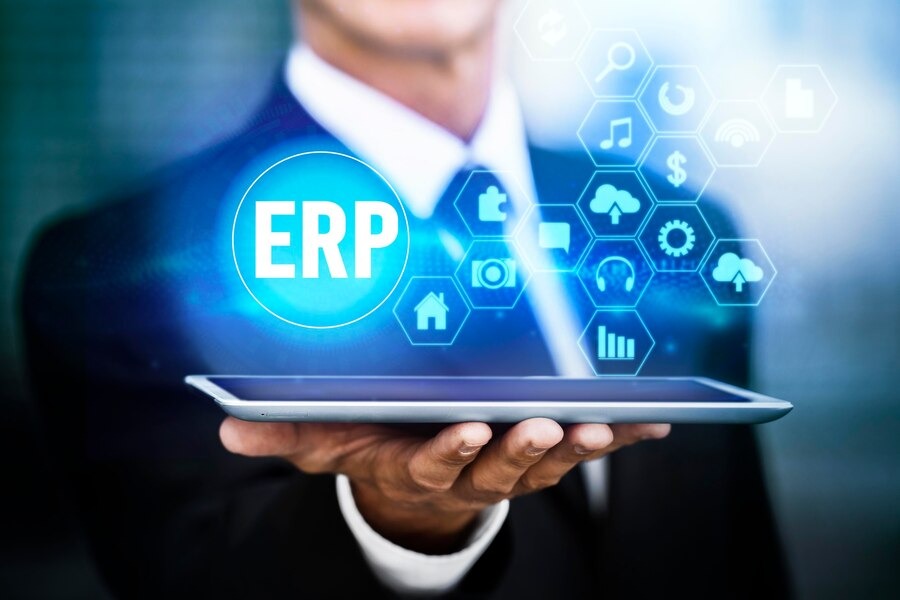ERP Cloud Software vs. Traditional Accounting Services: What You Need to Know
Choosing between ERP cloud software and traditional accounting services can significantly impact how your business manages finances. Both options provide tools to streamline operations, but they differ in cost, scalability, and convenience. The following article shares details on what sets these two apart, helping you make an informed decision for your business.
What is ERP Cloud Software?
ERP cloud software integrates multiple business functions, such as finance, inventory, and human resources, into a single system. It allows companies to access real-time data from any location, offering flexibility that traditional systems lack. Since the data is hosted on cloud servers, businesses do not need to invest in expensive hardware or infrastructure. This type of software operates on a subscription model, meaning that the upfront costs are lower than traditional systems. It also allows for automatic updates, ensuring you always have the latest features without additional effort.
What Are Traditional Accounting Services?
Traditional accounting services involve managing financial transactions using desktop software or physical records. These systems are installed on local servers, meaning data can only be accessed in the office or on specific computers. Companies that use this method have more control over their data but must invest in hardware, software, and IT support. Traditional systems are more suitable for companies needing customised solutions or have more stringent data security needs. They can be costly to maintain and update.
Cost Comparison: ERP Cloud vs. Traditional Accounting
The difference in cost between ERP cloud software and traditional accounting services is one of the most noticeable aspects. Cloud systems have a lower initial cost because you pay for a subscription rather than purchasing hardware. On the other hand, traditional accounting systems require a significant upfront investment in servers, software, and maintenance. For businesses looking for flexibility and lower upfront costs, ERP cloud software is better. Traditional systems offer more control but at a higher long-term cost due to updates and upgrades.
Accessibility and Flexibility
One of the biggest advantages of ERP cloud software is its accessibility. Employees can access data from any device with an internet connection, making it ideal for remote work and real-time collaboration. In contrast, traditional accounting services limit data access to specific locations, which can reduce flexibility. Cloud systems are perfect for businesses with teams working from different locations, while traditional systems work best for companies operating from a single site.
Scalability and Customization
ERP cloud software is more scalable, making it easier for businesses to add features or users as they grow. With a cloud-based solution, there’s no need to buy additional hardware, and new features are often just a subscription upgrade away. Traditional accounting services are more customisable but come with limitations. Adding new users or upgrading the system requires purchasing additional licenses and hardware, which can be costly and time-consuming.
Conclusion
Choosing between ERP cloud software and traditional accounting services depends on your business’s needs. Cloud software is ideal for businesses which look for flexibility, real-time data access, and lower upfront costs. In contrast, traditional systems provide more control and customisation but incur higher costs and offer limited accessibility. By weighing the pros and cons of each system, you can find the best solution to manage your business finances effectively.













Post Comment